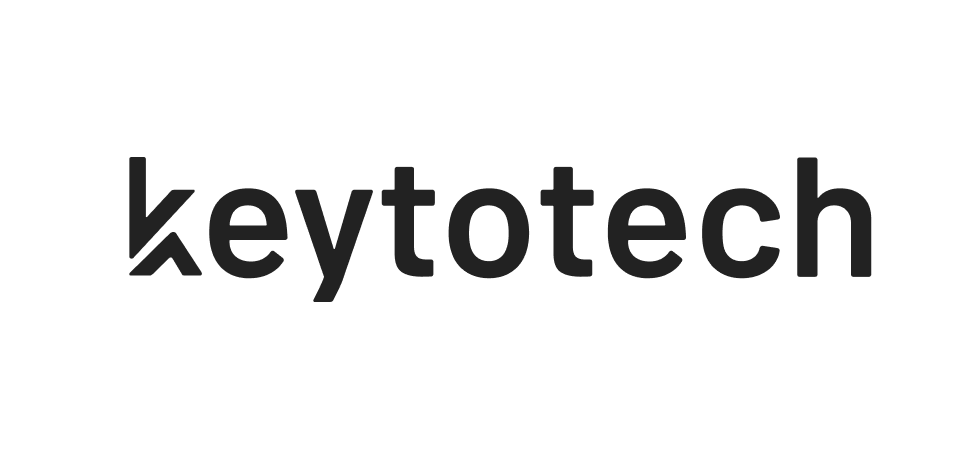Why do startups need an MVP?

Launching a new product or service is not only quite difficult but also very risky. You can never be 100% sure it will become successful. That’s why it’s crucial to validate your idea before investing a significant amount of time and money. Let’s take a look at how creating an MVP can help you with that.
What is the MVP?
The MVP stands for Minimum Viable Product. The main idea is to develop a product with a basic set of features and receive maximum feedback from the users. The term was first defined in 2001 by Frank Robinson, and gain its popularity thanks to Silicon Valley entrepreneur Steve Blanc and the author of the “The Lean Startup” Eric Ries.
Although, the MVP has a “just enough” set of features, it still should satisfy the user’s needs, providing the main value of the product.
There is a famous metaphoric illustration made by Henrik Kniberg, where he explains what the MVP is and what is not. According to which the process of transitioning the MVP into a fully finished product looks like a transformation from a skateboard to a car, rather than a transformation from the wheel to a car.
So you shouldn’t consider MVP as part of something, such as an engine or a wheel in a car but as a product that performs its main function, in this case, transportation.
Let’s say you invented a new cocktail. You have the essential ingredients that make your drink unique. First, you offer it to your friends and colleagues, then to your сustomers. And everyone likes it. Аfter some time you decide to add a mint leaf or a cute decorative umbrella. Some visitors leave feedbacks that it would be great to add non-alcohol options or have the ability to choose a syrop. As a result, more and more people are enjoying your drink.
Benefits of building MVP
Save time
The modern world is moving fast. So the user’s needs and expectations are changing faster than ever before. If you spend too much time on developing an “excellent” product, you may miss the right time, or end up being overtaken by more agile competitors. The MVP approach means a quick launch and gaining valuable feedbacks before the long run.
Minimize cost
Software development is expensive. Many factors affect how much your project will cost. The more complex your application, the more you spend developing it.
So focusing on core functionality will help to reduce a significant amount of money.
Get feedbacks
Your idea of the product may not always match what users want. Early feedback will help you understand which features are desired and which are not. You can use this data to make useful improvements and to plan future development.
Attract investors
If you have a working minimum, it’s much easier to persuade people to invest in your idea. You can demonstrate the market validity and describe the results your startup has already achieved. It strengthens your position in front of investors and gives more chances for funds raising.
Famous companies started with MVP
Of course, you are well aware of companies such as Twitter, Facebook, Uber or Airbnb. Perhaps you’re even a regular user or used their services at some point. These are very good examples of businesses started with MVP.
When Mark Zuckerberg introduced Facebook (Thefacebook) in 2004, it was a website for Harvard students. It appeared to be quite popular so after some time a few top US and foreign universities joined the network. During 2004-2007, Facebook received several investments that helped the company went public and grow to its present scale.
The interesting fact is that in 2004, Facebook had only 8 major features, including user profile with photo, search and the ability to add friends. Hundreds of functions were added later, based on user feedback.
Airbnb
When the Airbnb founders came up with an idea, they didn’t have a nice website with options to select a date or price.
It was difficult for them to pay rent for their San Francisco loft apartment. To earn some money, they decided to turn their place into a bed and breakfast. Targeting conference visitors, who were struggling to find affordable hotel rooms in the city, they launched a simple website. Airbedandbreakfast.com offered an apartment space with air mattresses, free WIFI, and business networking opportunities.
Without spending much time and money Airbnb founders tested their idea about strangers willing to pay for staying at their home. And it worked.
Today Airbnb is a billion-dollar company, constantly expanding its customer base.
To sum up
Of course, MVP does not guarantee success, but it is a smart first step for startups, especially due to the limited funds behind their back.
It is important not to get lost in striving to excellence or oversimplifying when developing your product.
So keep MVP simple but functional, pay much attention to user reviews and continue developing your product gradually.
Looking for a technical partner to develop your MVP? In KeyToTech, we understand the challenges startups are facing. Check out our special startup options. and start building your first MVP!



